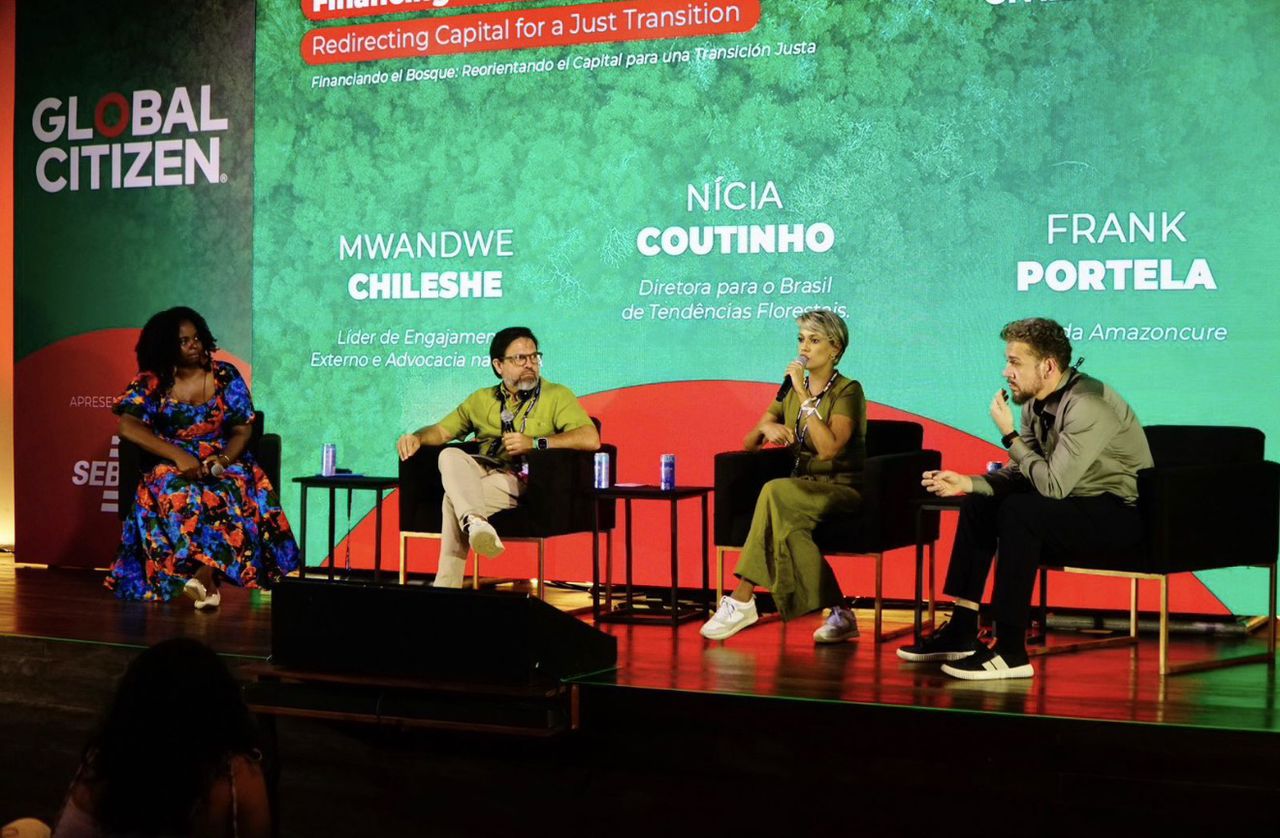AGRA has called for a bold shift from rhetoric to action at COP30, urging global leaders to deliver a farmer-first climate breakthrough that places soils, youth, and food systems at the center of international climate commitments.
Speaking in Belém, AGRA leaders pressed governments and development partners to convert climate pledges into practical financing and policy packages that strengthen smallholder resilience, create employment for young people, and stimulate growth across Africa’s food economies.
“Africa’s farmers are not waiting for the future; they are shaping it,” said Alice Ruhweza, President of AGRA. “A farmer-first climate breakthrough means turning promises into progress, converting finance into resilience, and transforming ambition into action where it matters most—on farms.”
AGRA emphasized that COP30 provides a critical platform to advance the global adaptation and resilience agenda through agriculture and food systems.
Throughout its engagements in Brazil, AGRA will highlight proven pathways for scaling impact, including coherent agricultural policies, tailored finance mechanisms, strong market systems, and investments in soil health—all with youth and women at the center of agricultural transformation.
The organization’s call aligns with the newly adopted Belém Declaration on Hunger, Poverty, and Human-Centered Climate Action, endorsed by 43 countries and the European Union.
The declaration underscores that climate action and social justice are inseparable, urging a rebalancing of climate finance toward those most vulnerable to climate shocks. It also highlights the need for climate-responsive social protection, insurance for smallholder farmers, and long-term livelihood programs.
AGRA welcomed the declaration, stressing that small-scale producers must be recognized not only as victims of the climate crisis, but also as agents of resilience and transformation.
“Resilience is built when the right policies, finance, and technical solutions meet at the farm level,” noted Tilahun Amede, AGRA’s Director for Sustainable Farming, Climate Adaptation and Resilience.
“At COP30, together with partners, we aim to show how soil health, water management, inclusive finance and strong value chains can turn climate ambition into practical results for farmers—both for short-term gains and long-term resilience.”
The 2025 UNEP Adaptation Gap Report warns that developing countries face an annual adaptation financing shortfall of USD 284–339 billion, with current funding meeting barely 10 percent of that need.
AGRA is therefore urging a stronger push to channel climate finance directly to farmers and rural enterprises that form the backbone of Africa’s food and job systems.
The farmer-first approach echoes the demands of African climate negotiators, who are advocating for adaptation interventions that deliver real improvements for producers.
With governments, AGRA is working to streamline regulations for climate-resilient seed varieties, strengthen risk-sharing instruments to attract private capital, and align donor investments with national priorities rather than short-term pilot projects.


